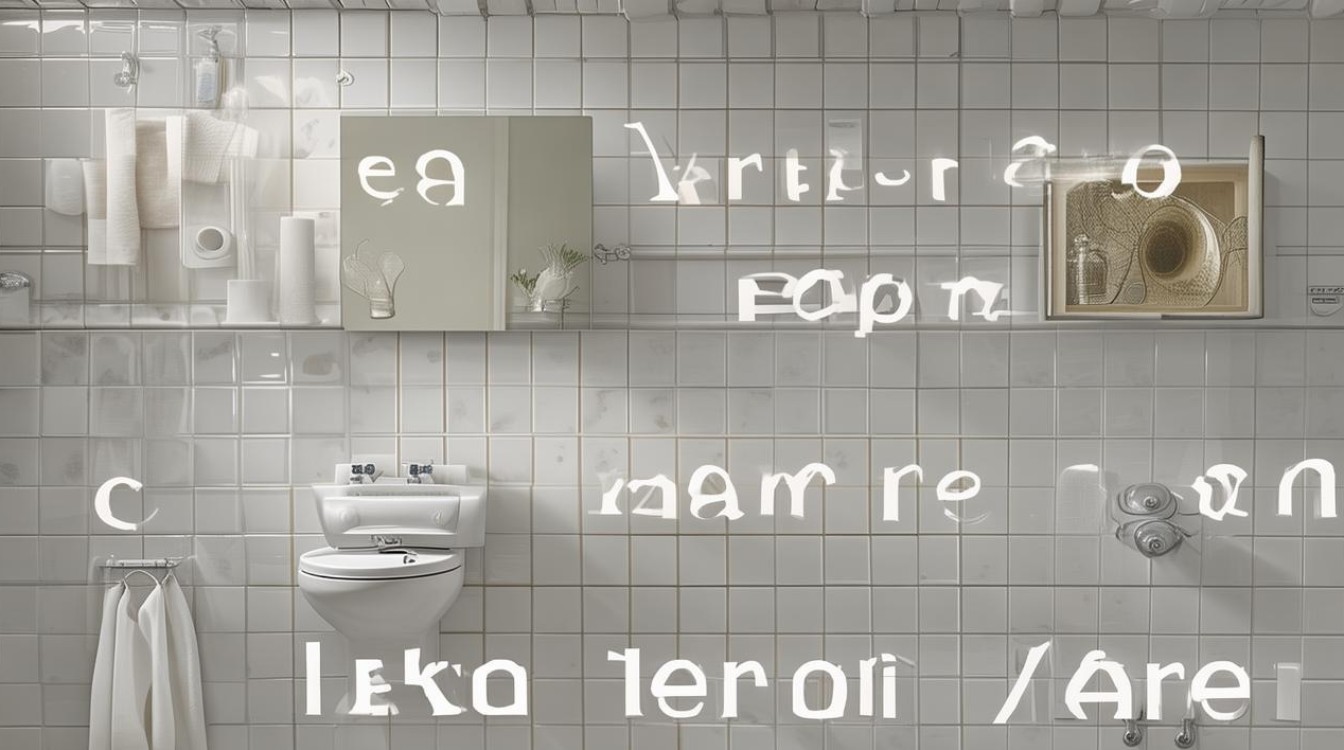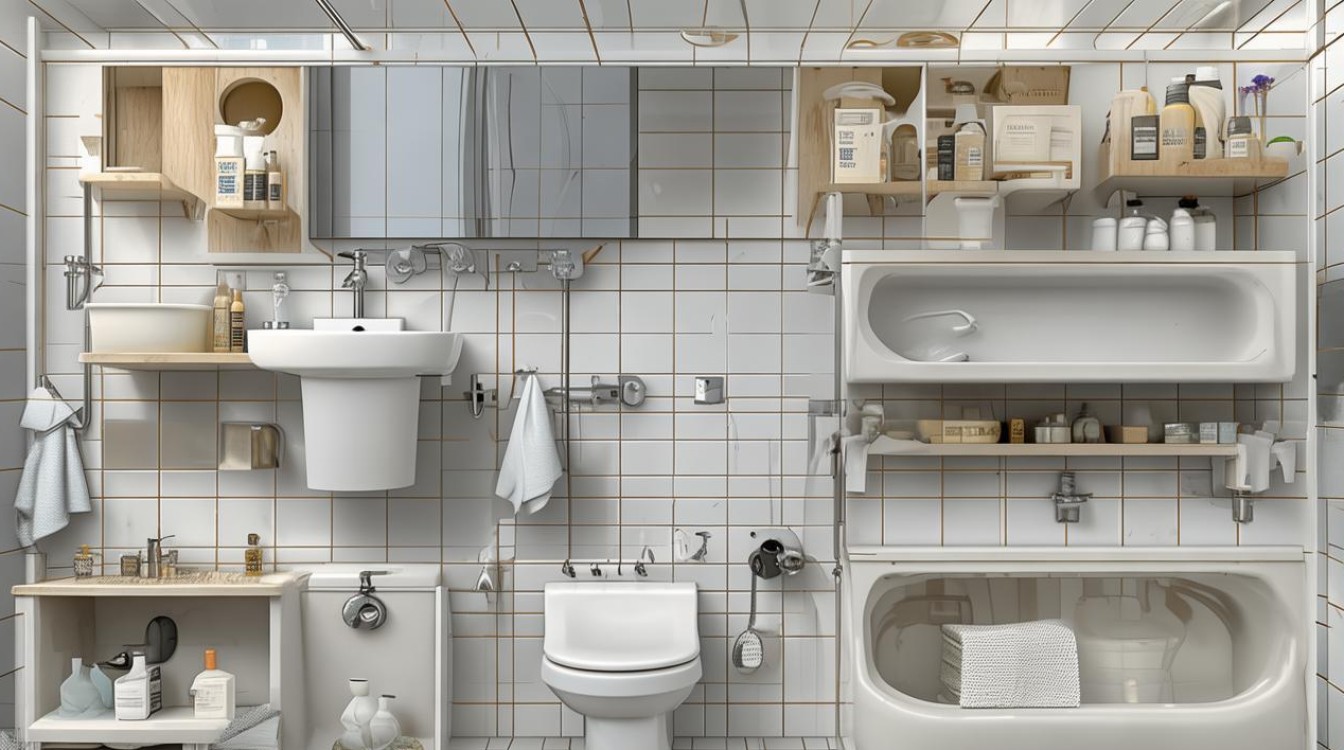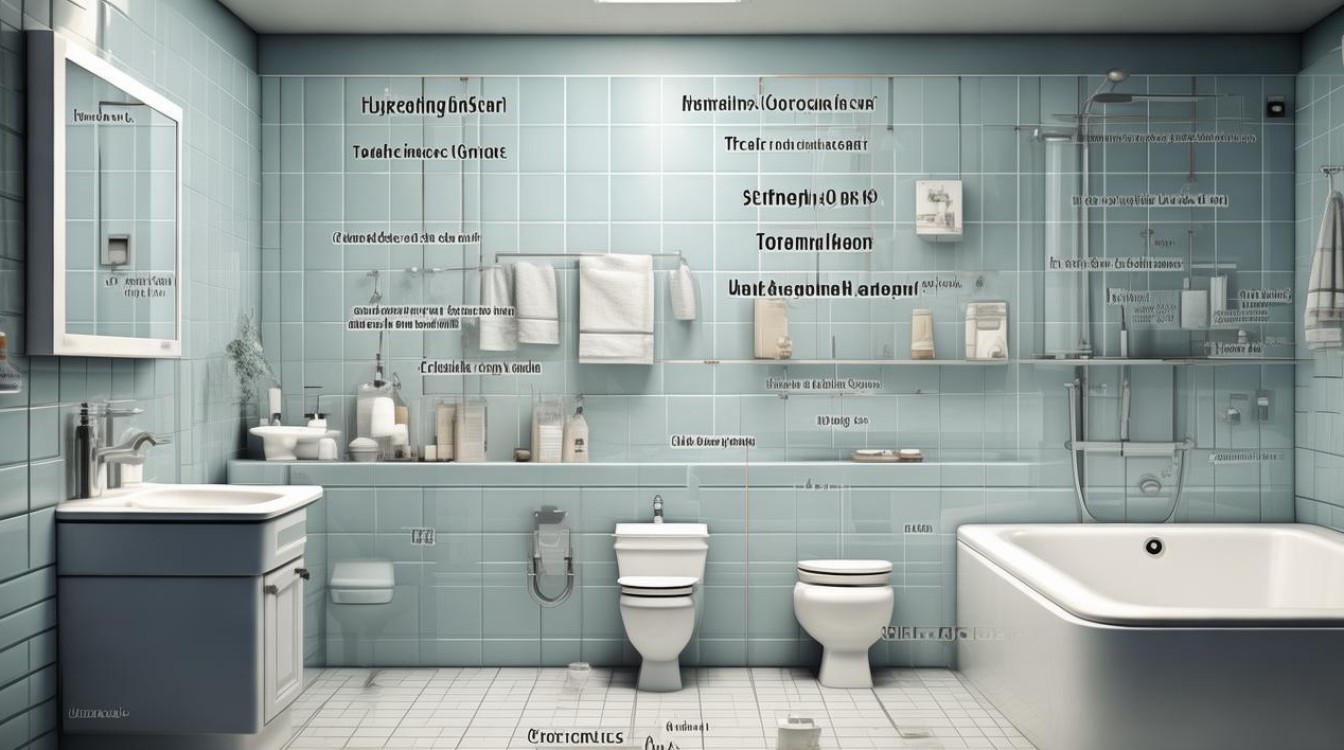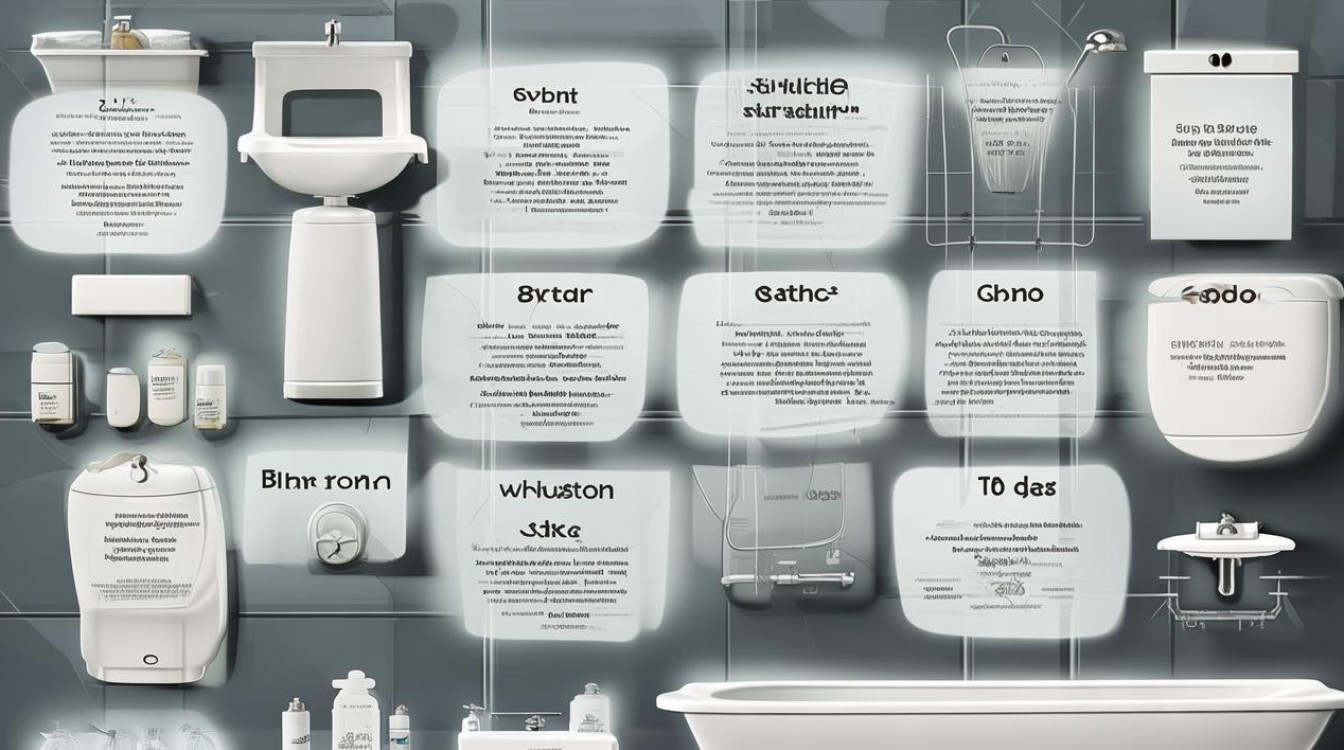Whether you're traveling abroad, studying English, or simply curious about international terminology, understanding bathroom-related vocabulary is practical and often overlooked. This guide covers formal terms, casual expressions, and regional variations to help you navigate any situation confidently.

Core Bathroom Terminology
The Room Itself
- Bathroom: The most common term in American English, used even when no bathtub is present.
- Restroom: Preferred in public spaces (malls, restaurants) across the U.S.
- Toilet: In British English, this refers to the room itself, while Americans use it strictly for the fixture.
- Lavatory: Formal term used in aviation or official contexts.
- WC (Water Closet): Common in European signage, derived from early plumbing terminology.
Fixtures and Features
- Sink: Called a "basin" in British English.
- Shower: Note the pronunciation difference—Americans say "SHOW-er," Brits often say "SHY-uh."
- Bidet: Increasingly common in upscale hotels; pronounced "bee-DAY" in English.
- Towel rack/rail: Heated versions are a luxury in colder climates.
Regional Variations Matter
North America
- Powder room: A small guest bathroom without a shower.
- Half-bath: Contains only a sink and toilet.
- The john: Slang dating back to 19th-century inventor John Harington.
UK & Commonwealth
- Loo: Ubiquitous slang with debated origins (possibly from French "lieux").
- En suite: A bathroom connected to a bedroom.
- Cistern: The tank behind a toilet (Americans say "toilet tank").
Australia/NZ
- Dunny: Outback slang for an outdoor toilet.
- Bubbler: Some regions use this for drinking fountains near bathrooms.
Polite and Emergency Phrases
Asking for Directions
- Formal: "Could you direct me to the nearest restroom?"
- Casual: "Where’s the loo?" (UK) or "Where’s the bathroom?" (US)
Public Signage
- "Vacant/Occupied": Common on lockable stalls.
- "Out of Order": Indicates non-functioning equipment.
- "Please refrain from flushing sanitary products": Found in many establishments.
Hygiene and Maintenance Terms
Cleaning Supplies
- Toilet brush: Sometimes called a "loo brush" in the UK.
- Plunger: Essential for clogs; known as a "toilet plunger" when distinguished from sink models.
- Air freshener: Spray types are called "room spray" in some brands.
Personal Care Items
- Toilet paper: Brits may call it "loo roll" or "bog roll" informally.
- Hand dryer: Electric models are replacing paper towels in eco-conscious venues.
- Soap dispenser: Motion-activated versions are now standard in airports.
Cultural Notes
- In Japan, "toilet slippers" are provided for bathroom use only.
- Middle Eastern countries often feature a "shatafa" (bidet sprayer) next to the toilet.
- European bathrooms may charge for use via coin-operated turnstiles.
Troubleshooting Vocabulary
When something goes wrong:

- "The toilet is clogged."
- "There’s no toilet paper."
- "The sink is leaking."
For hotel staff:

- "The shower drain is slow."
- "Our bathroom door won’t lock."
Understanding these terms prevents awkwardness and shows cultural awareness. Whether renovating a home, booking a hotel, or handling emergencies abroad, precise language makes all the difference. Master these words, and you’ll navigate any bathroom scenario with ease—no matter which English-speaking country you’re in.


